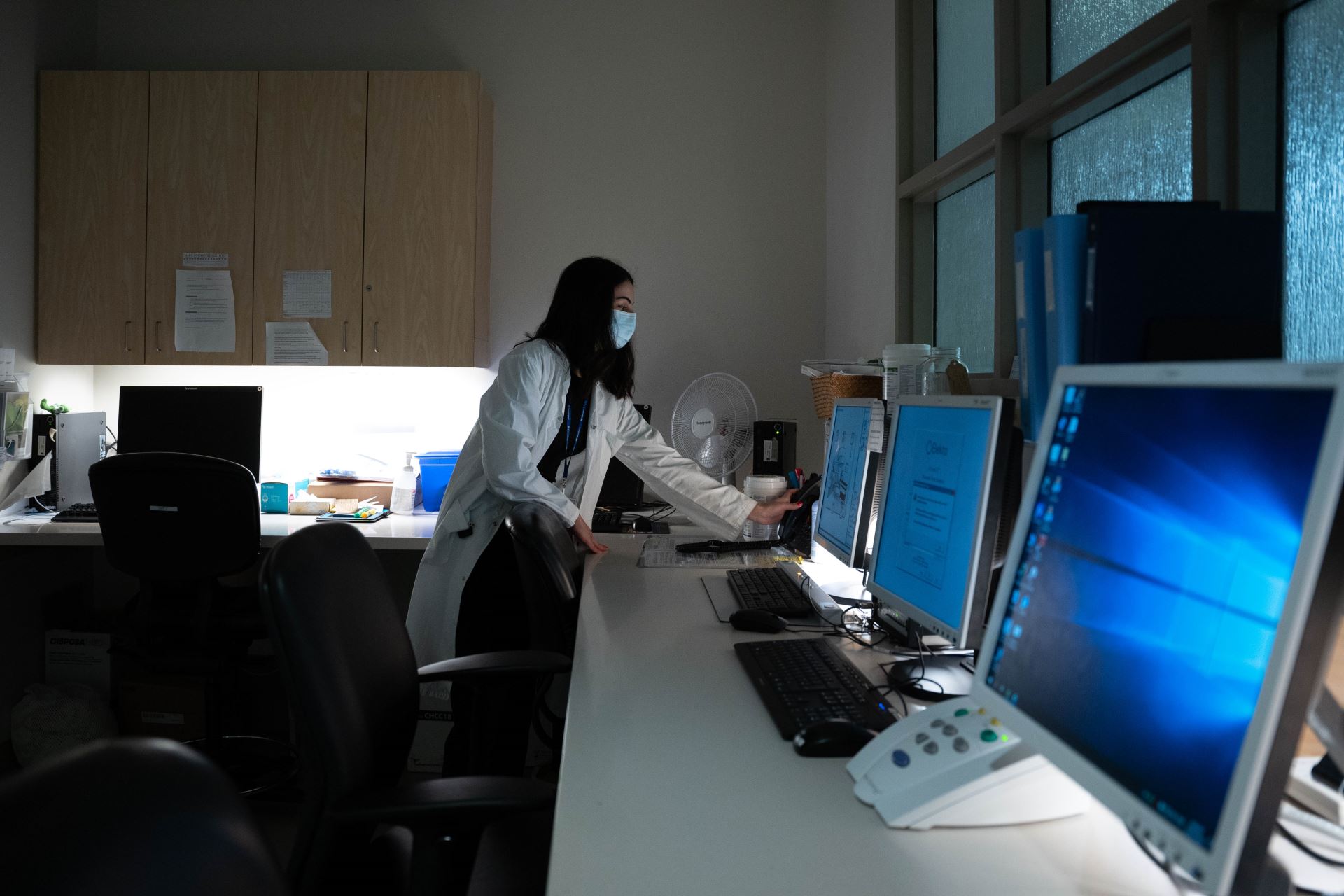Escalating radiation dose benefits patients with aggressive meningioma
October 2, 2023 (Toronto, ON) – Research that summarizes two decades of clinical practice at Sunnybrook Health Sciences Centre shows that “dose-escalated” radiation therapy significantly improves tumour control and progression-free survival rates for patients with biologically-aggressive meningioma.
The results, presented at the 2023 American Society for Radiation Oncology (ASTRO) and simultaneously released by the International Journal of Radiation Oncology * Biology * Physics on October 2 2023, showed the rates of both progression-free survival (PFS) and tumour control to be significantly higher for patients who received a “dose-escalated” approach of radiation therapy compared with those who received standard more “steady” doses of radiation therapy.
“This information provides the field of radiation medicine with critical information on how to best treat patients with meningioma following surgery that are more biologically aggressive - being either Grade 2 or 3,” says Dr. Kang Liang Zeng, who conducted this research during his fellowship at Sunnybrook under the supervision of the study’s senior author Dr. Arjun Sahgal. “The number of patients included in this study represents the world’s largest treated with dose-escalated radiation, and provides tangible evidence to help inform oncologists and our patients on the optimal approach to treat these biologically-resistant tumours. Ultimately, these outcomes support the development of a randomized trial based on the Sunnybrook approach.”
The study followed a total of 118 patients with Grade 2 or 3 meningioma following surgery and treated with radiation therapy at Sunnybrook from the years 2000 to 2021. The median time of follow-up was 45.4 months for the entire group under study.
The three and five-year rates of PFS following completion of radiation treatment in the dose-escalation group were 78.9 and 64.6 per cent vs. 57.2 and 40.8 per cent in the standard-dose group, respectively.
The three and five-year overall survival rates were 91.2 and 88.1 per cent in the dose-escalation group vs. 84.8 and 66.0 per cent in the standard-dose group, respectively.
Few serious adverse events were observed with 5.9 per cent of the research participants (seven patients) developing some tissue inflammation (necrosis) in the area receiving radiation and required treatment.
“In radiation oncology research, we are always looking for the sweet spot between providing the most effective radiation treatment doses while minimizing the harmful effects from the radiation itself. The aim is to target brain tumours as precisely and safely as possible, prevent tumours from growing, and prolong life,” says Dr. Arjun Sahgal, senior author of the study and chief of Radiation Oncology for Sunnybrook’s Odette Cancer Program. “We think we have found it for this population – as close as we’re going to get it at this point in time.”
Until now, conventional radiotherapy delivered in a consistent daily amount has been the standard of care after neurosurgery to remove the tumour, however, the benefits of dose escalation have been debated with still no randomized evidence to guide practice to date.
The evolution of radiotherapy technology and image-guidance over the past two decades has allowed the potential to more safely dose-escalate any residual disease left after tumour removal – therefore better controlling, or preventing, the re-growth of tumour for longer periods of time in the area where radiation therapy is applied.
A meningioma is typically a slow-growing grade 1 tumour that arises from the membranes (or layers) surrounding the brain or spinal cord. Atypical grade 2 and malignant grade 3 meningiomas are more aggressive with no effective drug therapy. Following optimal surgery, the radiation provided is the most critical component of patient care.
The study authors include researchers from Sunnybrook Health Sciences Centre, University Health Network, Unity Health Toronto, and University of Toronto.
Nadia Norcia Radovini
Communications Advisor
Sunnybrook Health Sciences Centre
416.480.4040



